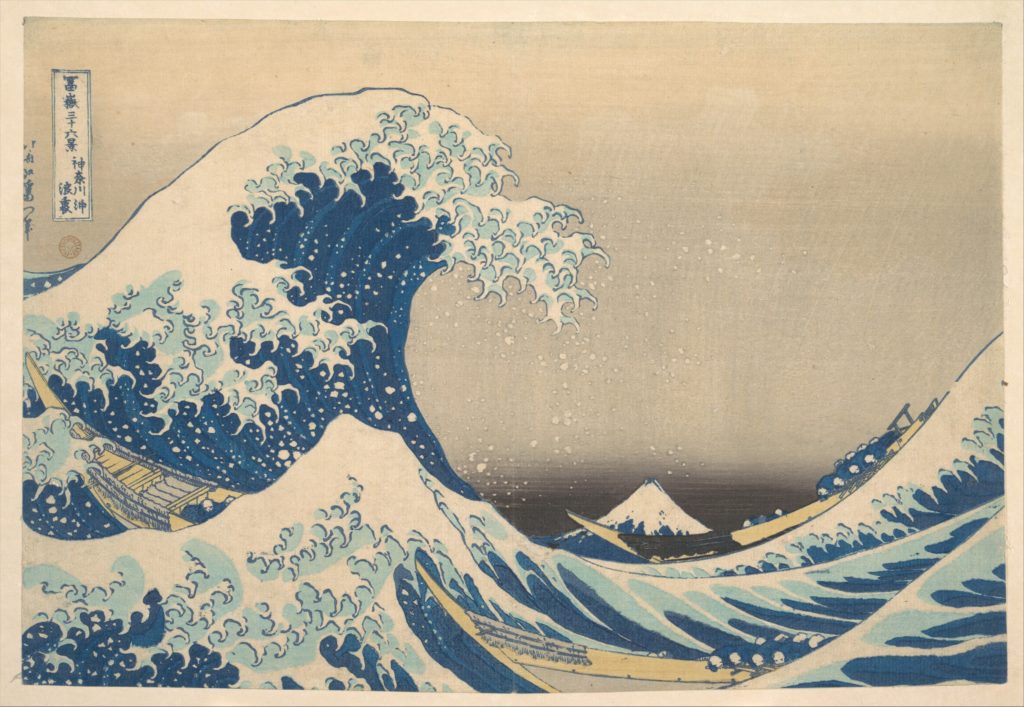
Mitochondrial DNA
Mama told me a story
She said:
You are an ocean and I am a river that feeds you and makes you grow.
If I’m an ocean now; then what will I be when I grow up, I asked?
That’s easy, she said, you’ll be a river that will feed an ocean just as I do.
Choose those that choose you.
Not every eye can see your coat of many colors
Nor can every ear hear your plaintive cries desiring belonging
Not all fingers can touch the wounded places and the scars
Nor offer the healing touch of consolation.
Not all skin folks are kin folks
And strong enemies contribute to ones growth, too.
Rivers lose their identities once they reach oceans.
Lose their identities
And their contradictions.
Who is my mother and father asks the ocean?
Child of many streams
And many rainstorms
Where is your home
And where will you lay your head?
What floodgates open because of intrepid questioning?
And, what Jerichonian walls crumble because of courageously blown conch shell horns?
Funeral Pyres blaze in India
Telling two stories
One ancient
And one new
Tell me who I am as I inhale deeply
As the dust of the dead mingles and enters my nostrils
reminding me that I am a sleeping god.
Pandora’s curiosity brought forth both plague and hope.
Who is my family in all of this?
Like calls to like; but, can that call be answered?
All of this is mission; but, can it be accomplished?
My brothers and sisters have many names.
They ask questions as I do
And are not afraid of the answers that they receive.
By their curiosity my Family of Choice is known.
In Tibet they are called Vidyādhara because they want to know
And knowledge is their seat.
Among the Lakota they are called Heyoka — contrarians for whom night is day and day is night
And, Reality is only just when and if it can be questioned.
In India they are called Brahmins because they seek the truth.
This cannot be achieved merely through bloodlines and birth within a family.
Among Yoruba Orishas, my family calls on Shango
And the Wise Women in my family venerate Yemaya.
American Griots,
Fearlessly tell your stories and sing your songs
And teach the children to sing, too.
Sing the songs that Grandma sang in the kitchen
Or as she danced on the laundry with her blessed feet.
Sing work songs and war songs
That helped men survive chain gangs
And oppressive assembly lines.
Sing bawdy songs and love songs
That foment perilous rendezvous.
Sing new songs of Hope and learn to call on The Mothers once again.
How many more Mothers of Exiles can be named
In this melting pot called America?
That hasn’t yet finished melting
Not even close.
But the Gods came here to these shores with the people who brought them
Listen for the answers that they whisper
Even though we vaguely call upon them
With dimly remembered prayers.
Let your peace fall upon all of those who will listen to you and receive you
But if they shun you
Shake off the dust of your sandal on their threshhold
As a testament against them and their house
Then walk on.
All it takes to make stone soup is
A pot
A stone
a story
And the willingness of Families of Choice to bring the rest of the ingredients.
All seasonings and flavors blend in a stew.
And all oceans eventually become rivers that feed other oceans
Losing both their identity and their contradictions
I am just a ghost driving a mitochondrial DNA machine made of:
Blood
Fat
Bone
Marrow
Tissue
Ovum
And Sperm
Why am I even afraid?
(By Heidi Lindemann and Michael Perry)
(Image Credit: Metropolitan Museum)